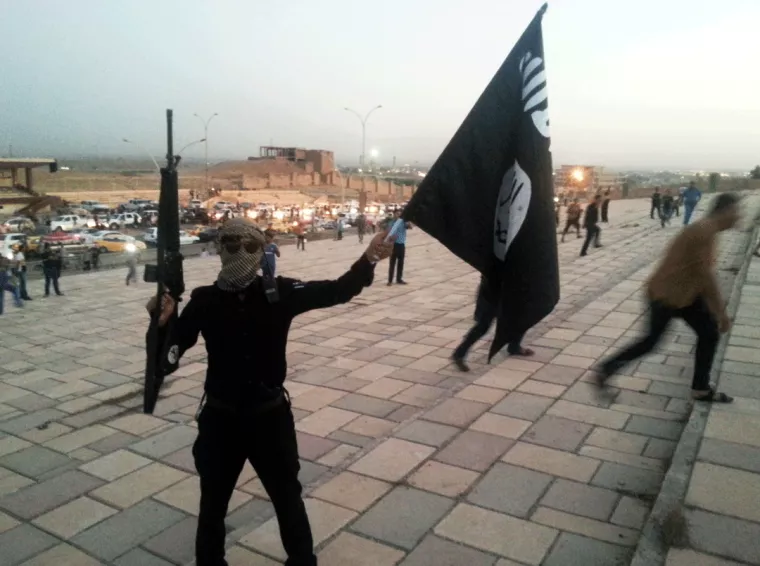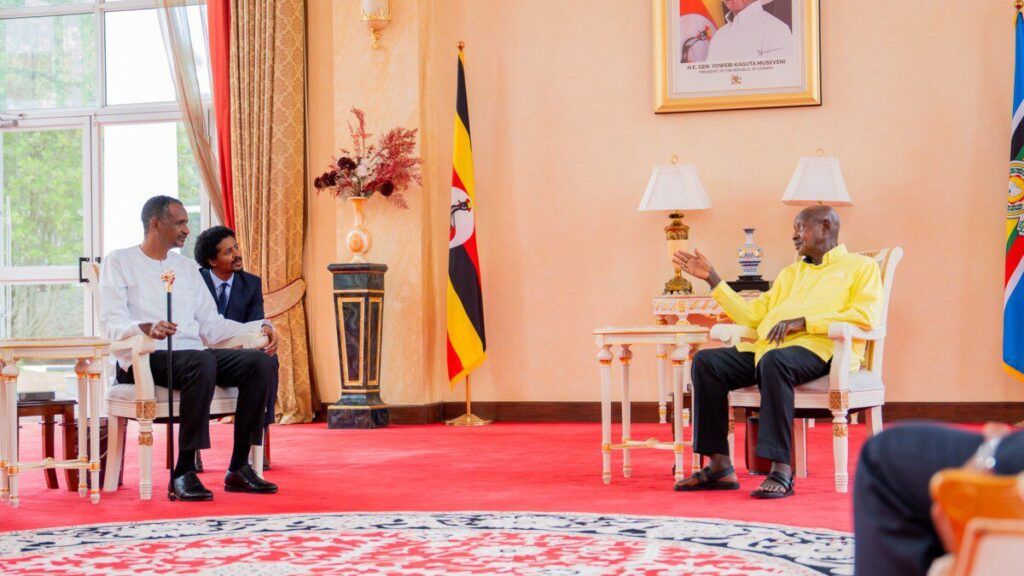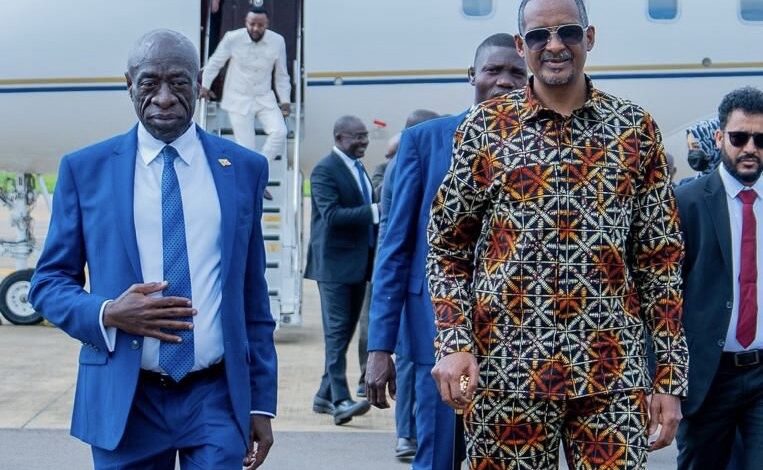
Sudanese author and journalist Ibrahim Hebani has issued a stark warning that movements inspired by political Islam, including the Muslim Brotherhood, represent what he calls “a project to demolish the world” rather than a path to reform.
Hebani argues that Sudan’s own experience under Islamist rule offers a cautionary lesson for the region and beyond. He says the National Islamic Front’s 1989 coup — which overturned Sudan’s fragile democratic charter — set in motion decades of war, repression and institutional collapse “in the name of religion.”
According to Hebani, political Islam “begins with a religious slogan and ends with absolute power,” dismantling state institutions and replacing them with ideological loyalties that divide societies into “friend and foe.” The same mindset, he warns, continues to reject every peace initiative to end Sudan’s ongoing war, from the Jeddah talks to regional and international efforts.
Infect, corrupt, and takeover
Hebani contends that the threat extends far beyond Sudan. “Wherever these groups take root,” he writes, “institutions unravel, justice retreats, fear replaces law, and tyranny becomes sanctified in the name of heaven.”
He concludes that Sudan’s tragedy should serve as a warning to the world: “Save peoples from the illusions of a so-called caliphate that legitimizes destruction in God’s name, and protect religion from those who use it as a ladder to power.”
Hebani’s essay, widely shared on Sudanese social platforms, reflects growing frustration among Sudanese intellectuals and civil-society figures over the role of Islamist networks in the current conflict and in Sudan’s political history.




